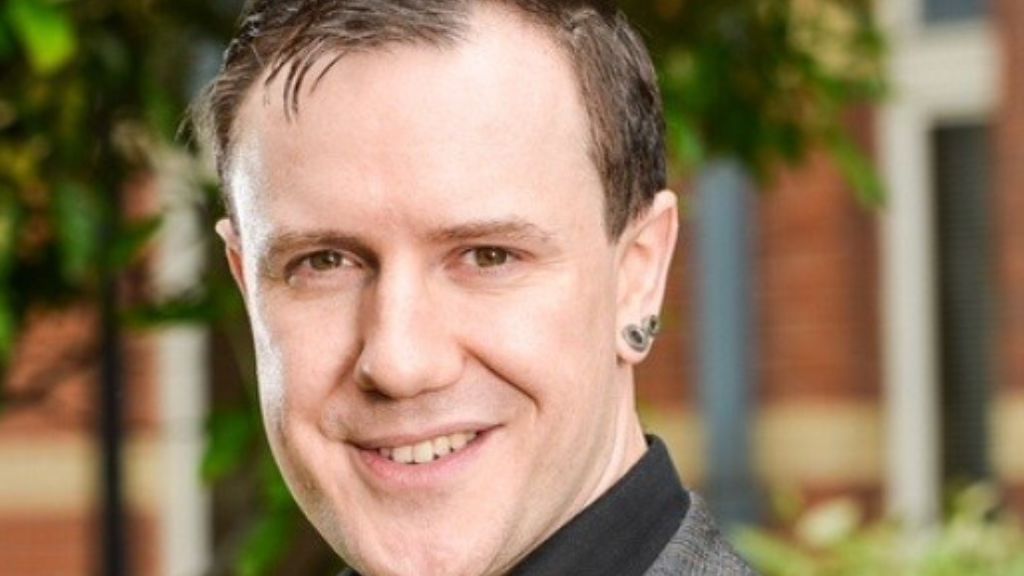Legal & regulatory: Understanding CQC’s powers to cancel your registration

Healthcare regulatory lawyer, Emily Wilkinson, walks through the Care Quality Commission’s cancellation procedures and the circumstances in which the regulator might urgently cancel a provider’s registration
The recent last-minute closure of Ashdale Care Home in Mansfield is a salutary reminder that the Care Quality Commission has the power to cancel a care provider’s registration and with immediate effect.
The CQC’s role in registration
As the regulatory body governing healthcare providers, the CQC oversees the registration of all providers and ensures those which are registered meet the standards required by law. The CQC’s duties and powers derive principally from the Health and Social Care Act 2008, which gives the CQC a wide range of powers to enable it to carry out its regulatory responsibilities, including those that relate to registration and cancellation of registration.
Where providers fall short of the standards, the CQC has the power under the Act to cancel a provider’s registration and, depending on the nature and severity of the situation at hand, may choose to do this according to either the ‘standard’ procedure, set out at sections 17 and 26 to 32 of the Act, or to the urgent procedure set out at section 30 of the Act.
The standard process for cancelling a registration
The CQC can cancel a provider’s registration on any of the grounds set out in section 17 of the Act. These include failure to comply with the requirements of the Act; failure to comply with the law by a registered person, manager or other person; failure to comply with any conditions of registration; and obstruction of an inspector or assessor or failing to provide information when requested.
If a cancellation is not progressed urgently, the CQC will first give registered persons a Notice of Proposal, which will state that the CQC proposes to cancel the provider’s registration and provides its reasons for doing this. The notice will also give relevant timescales; typically providers are given 28 days from service of the notice to appeal or make representations. If no representations are made within the timescale given, the CQC will then serve a Notice of Decision which will cancel the registration. Providers may appeal to the First-tier Tribunal up to 28 days after service of the Notice of Decision. Effectively the standard process gives providers several weeks to respond to and act upon the CQC’s proposals, during which time they may continue to operate their service.
The urgent process for cancelling a registration
However, the CQC may consider urgent cancellation according to section 30 of the Act where a registered service or activity presents a serious risk to a person’s life, health or wellbeing. In this context harm may not yet have occurred and the CQC is able to act pre-emptively.
The CQC is not required to serve any notice on registered persons where it decides to take urgent action (though in many cases it will inform the relevant persons so as to facilitate the transition process for affected service users). Instead, it will simply issue an application to a Justice of the Peace for an order cancelling the registration. The Justice of the Peace may make the order if it appears to him or her that there will be a serious risk to a person’s life, health or wellbeing if the order is not made.
When made, such an order will have immediate effect and the registration will be cancelled straight away, with the effect that any service provision must cease immediately. If a service provider does not cease its regulated activities at that point, it will be acting illegally as an unregistered care provider.
Can I appeal against an urgent cancellation?
The registered persons can appeal against a section 30 order to the First-Tier tribunal within 28 days of receipt of the cancellation order. However, the practical implications of receiving such an order (that is, the immediate closure of the service) are such that it may be difficult for a business to fully recover after receiving an urgent cancellation notice, since any service users will have been transferred to another service. The business may also suffer reputational damage as a result of the urgent closure.
Typically, section 30 notices are preceded by a history of multiple CQC inspections as was the case at Ashdale Care Home, and as such providers should keep on top of any issues raised in inspection reports and respond in a timely fashion to any concerns.
If you are informed the CQC is taking action against your service, you should seek urgent legal advice in the event that issues can be addressed, and representations can be made before any section 30 order is made. It will be important to consider the risks to residents from the CQC’s urgent cancellation power being exercised.
In addition to powers of cancellation, the CQC can also remove a single location from a provider’s registration. This can be done urgently under section 31 of the Act, which will have the effect of requiring a provider to close immediately. The CQC’s section 31 powers will be the subject of our next column on the CQC’s powers to remove locations.
Please contact Emily Wilkinson at https://www.mills-reeve.com/people/emily-wilkinson if you’d like to find out about Mills & Reeve’s compliance support services.




